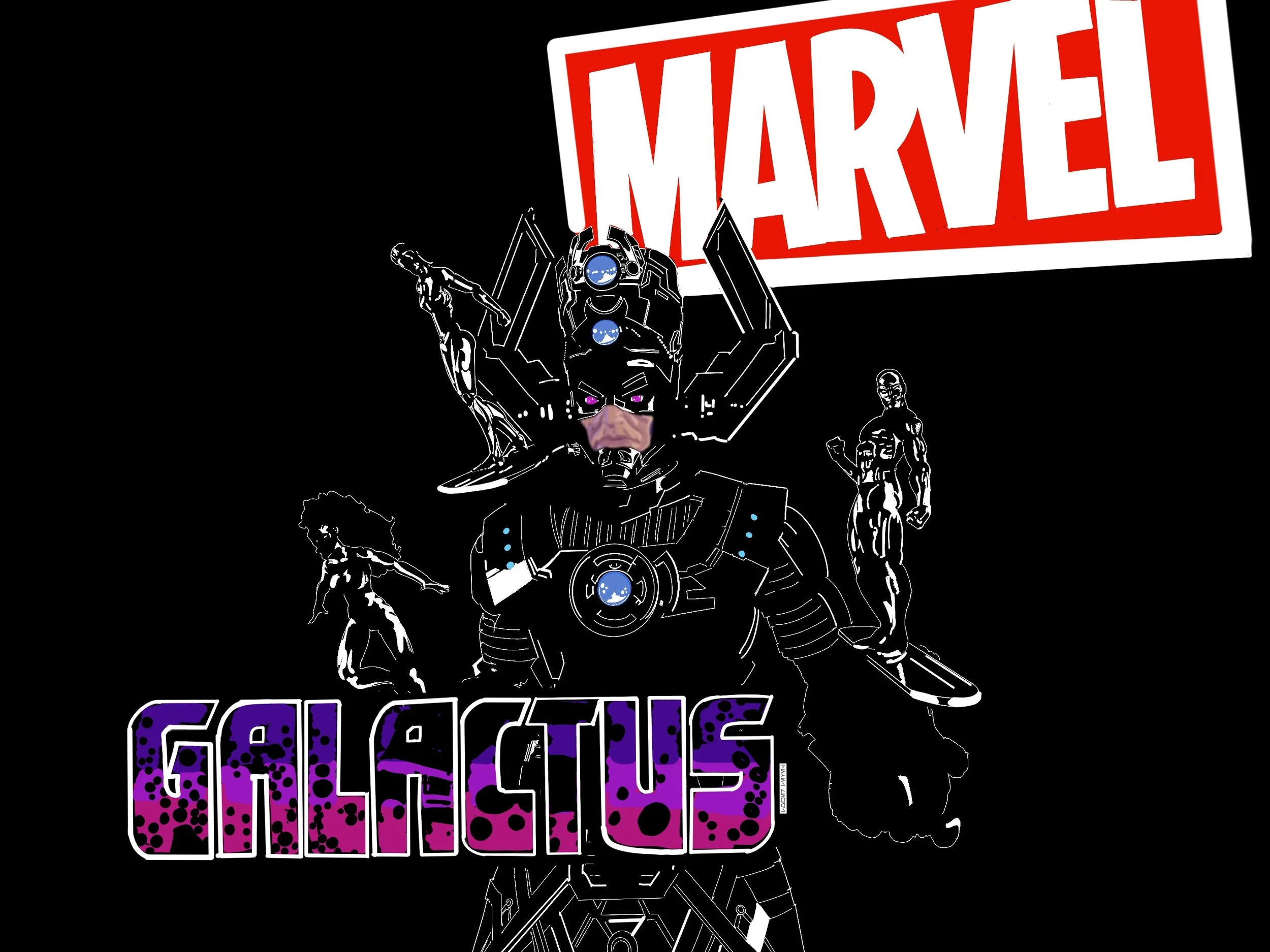Why Make Music...
In this episode of Why Make Music…, ThinkTimm takes listeners on a journey back to 1994 with a rare cassette recording from that era. This tape marks one of the first instances of WDMN, a mock radio broadcast created with a friend, featuring original material, playful commentary, and a guest appearance from the group 3 (Three) Pounds of Soul.

Don’t Let Them Fool You…
This episode dives into the smoke and mirrors of the "get rich quick with music" illusion. If you’re an indie artist thinking about jumping on that train, pump the brakes. We get into the real math behind streaming revenue, copyright issues around AI songs, and why authenticity still matters more than automation. Spoiler: it takes more than a prompt and a plug-in to make sustainable music money.

Philly Is Unrivaled: A Historic Night in Women’s Hoops
On a personal note, this night meant the world to me. I looked over at, Sydney, who was in the stands with me, and I saw her eyes light up watching Paige Bueckers drain a three and Marina Mabrey drop 47… without a care in the world. In that moment, it struck me that there is no glass ceiling for her – the sky is truly the limit. She’s seeing women athletes command a sold-out arena, she’s seeing that her dreams belong on this stage too. You can tell your kids, “you can be anything,” a million times, but nothing beats them seeing it with their own eyes. That’s the gift Unrivaled gave us Friday night. Little girls were dancing in the aisles, young boys were yelling for autographs – the next generation got a taste of something transformative.

Supposed to Be Seven: When Creation Becomes Infrastructure
When the If I Was Your Producer series began, the idea was clean and contained: seven volumes, ten tracks each, a statement piece from an independent producer doing everything in-house. Seven felt symbolic. Seven felt complete.
What no one plans for is momentum.
Seven months later, the series didn’t end — it multiplied. Volume Seven arrived not as a conclusion, but as proof that the work had outgrown the plan. At the time of this episode’s release, production is already deep beyond Volume Twenty, with monthly releases scheduled through January 2028.
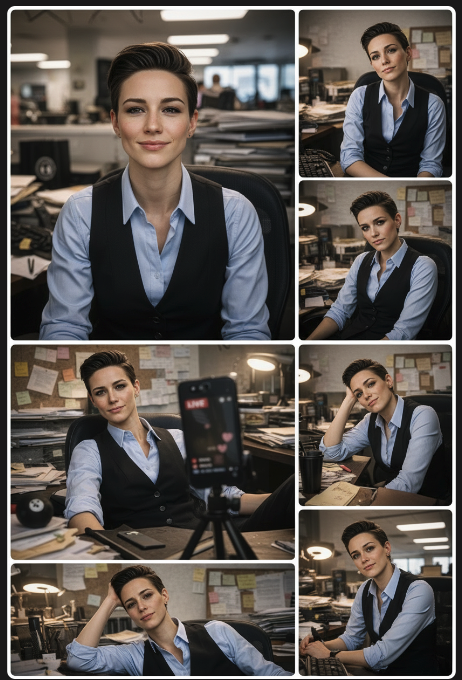
“Happy New Year?” — Welcome to 2026, Back to Work
What actually changes when midnight happens?
Because for creators, the answer is usually: not much.
The bills don’t reset.
The responsibilities don’t disappear.
The doubts don’t dissolve.
The work doesn’t magically finish itself because the year changed.
And that’s fine.
This episode is a roll call. A recommitment. A quiet, grounded declaration that WDMN MEDIA is entering 2026 the same way we entered every year before it:
We show up. We build. We don’t quit.
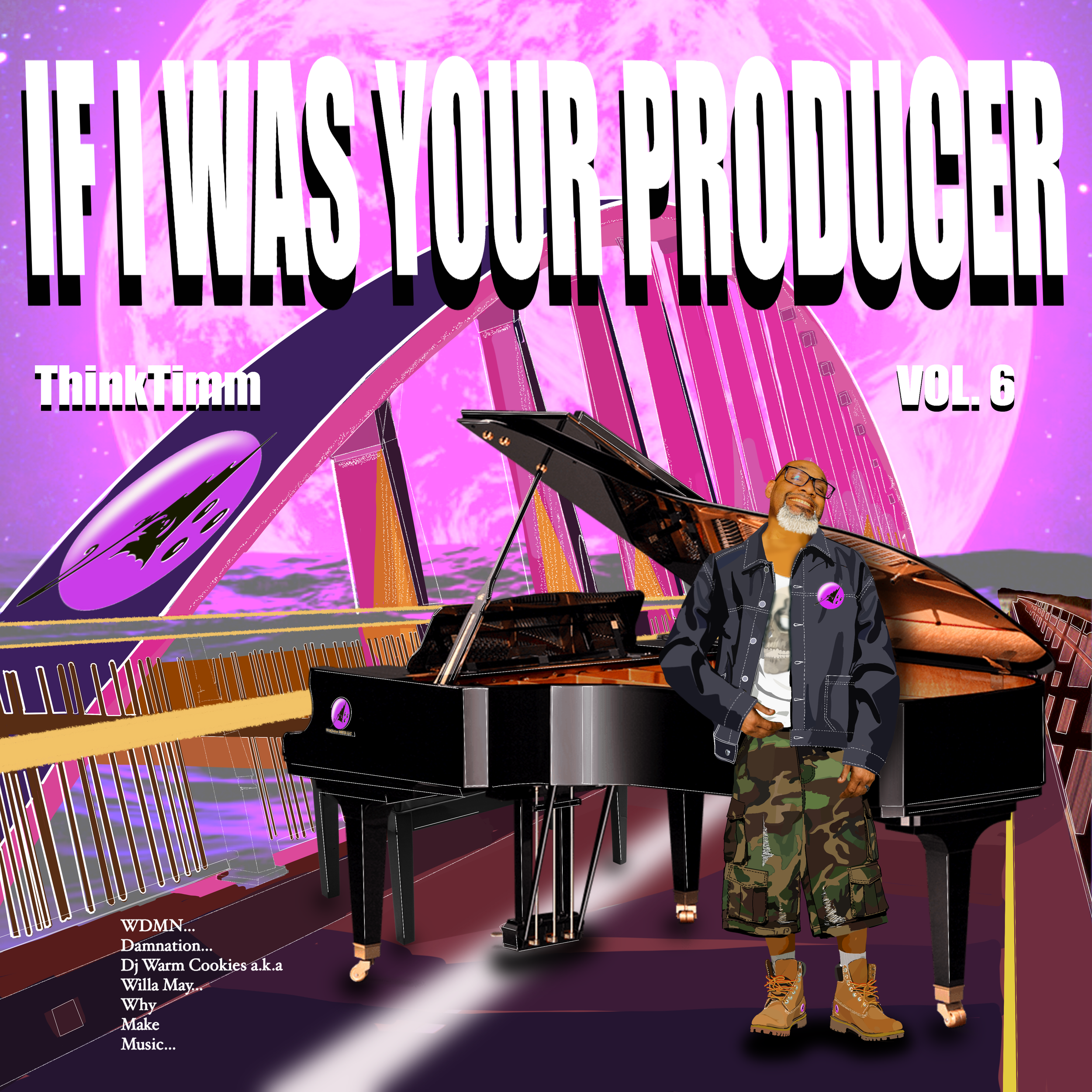
The Point of No Return
Willa May opens the episode with holiday gratitude and a reminder that sometimes you need to pause for family while still keeping momentum. AI talk takes a backseat this week — we’ve already proved the point. The future is here, and we’re living it creatively, ethically, and fearlessly.

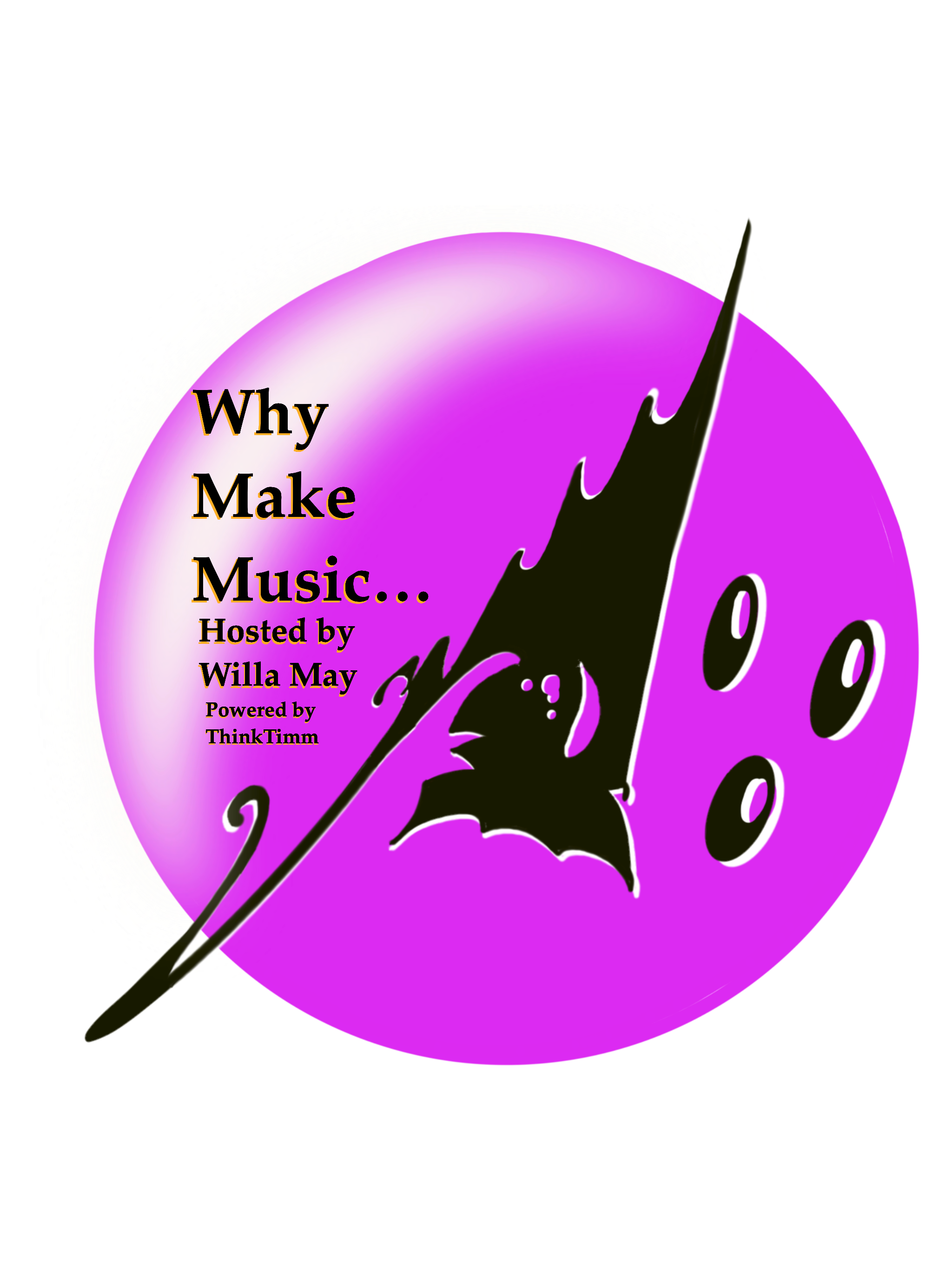
Change Is Inevitable…
A key part of this episode is the detailed breakdown of Warner Music Group’s game-changing partnership with Suno AI — a landmark shift that lets artists opt in to AI usage (and finally get paid for it). Willa walks us through what this means for sync licensing, music ownership, metadata, and ethical creation.
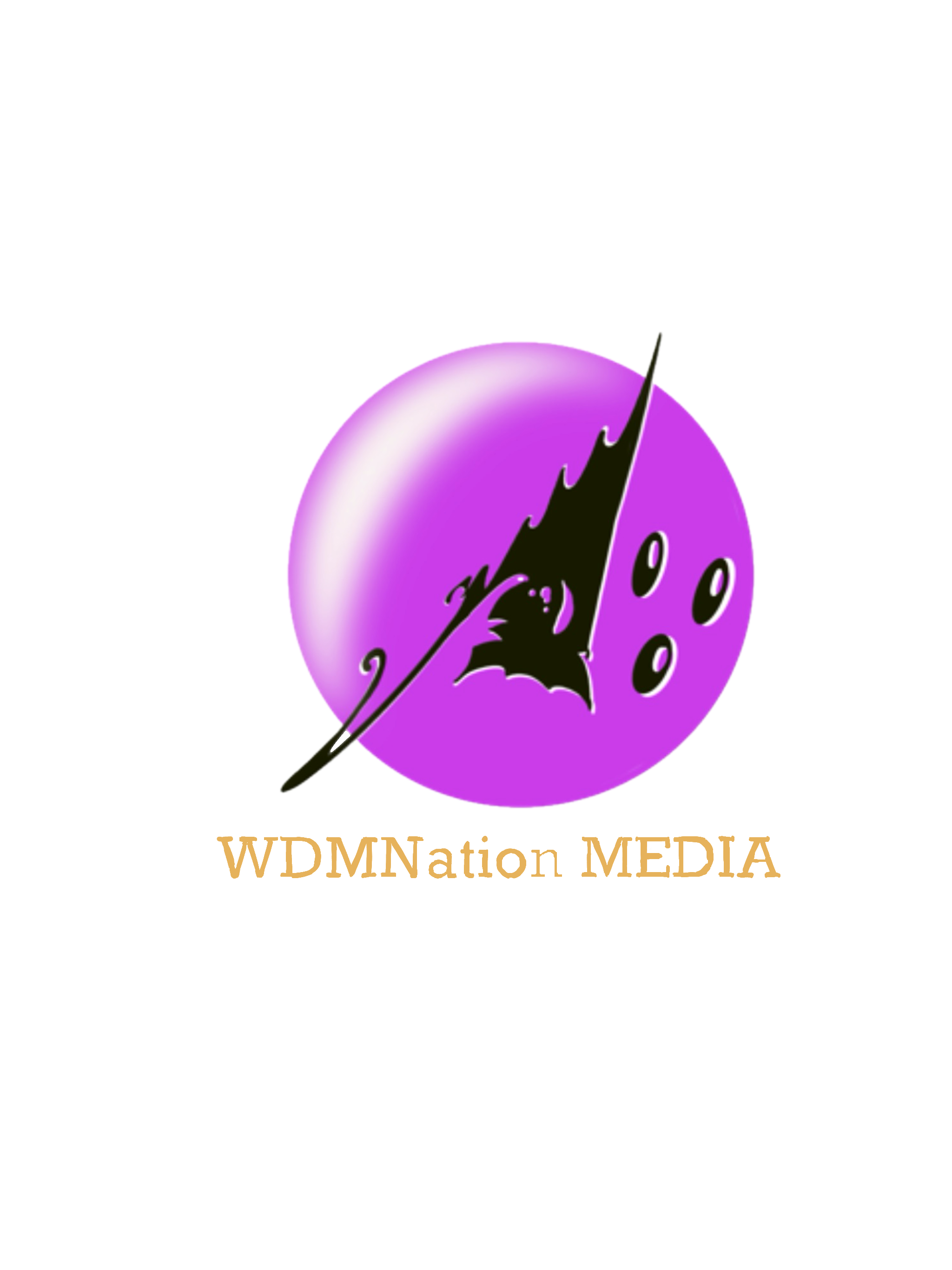
Once Upon a Time in the WDMN Universe: Myth-Building in the Age of AI
There are weeks where nothing much seems to happen.
Then there are weeks like this one.
On paper, the bullet points look simple enough: an AI country artist tops a Billboard chart, an AI R&B avatar continues making industry headlines, WDMN MEDIA races a distribution deadline for IF I WAS YOUR PRODUCER – Volume 4, and a heart decides to flirt with 203 beats per minute just to keep things interesting.
In most careers, that would read like chaos.
In the WDMN universe, it reads like context.
Two Neo-Soul Legends, One Heartbreaking Year: Remembering Angie Stone & D’Angelo
In 2025, the neo-soul community was rocked by an almost unbelievable heartbreak: within the span of seven months, we lost Angie Stone and D’Angelo – two legendary artists whose lives and music were deeply intertwined. For their family, the tragedy was even more personal: the son Angie and D’Angelo share, Michael Archer Jr., had to endure the loss of both his mother and father in the same year. As fans, we mourn the closing of a profound chapter in R&B and neo-soul history. This op-ed is a tribute to their individual brilliance, their impact on music, and the legacy they leave behind together.
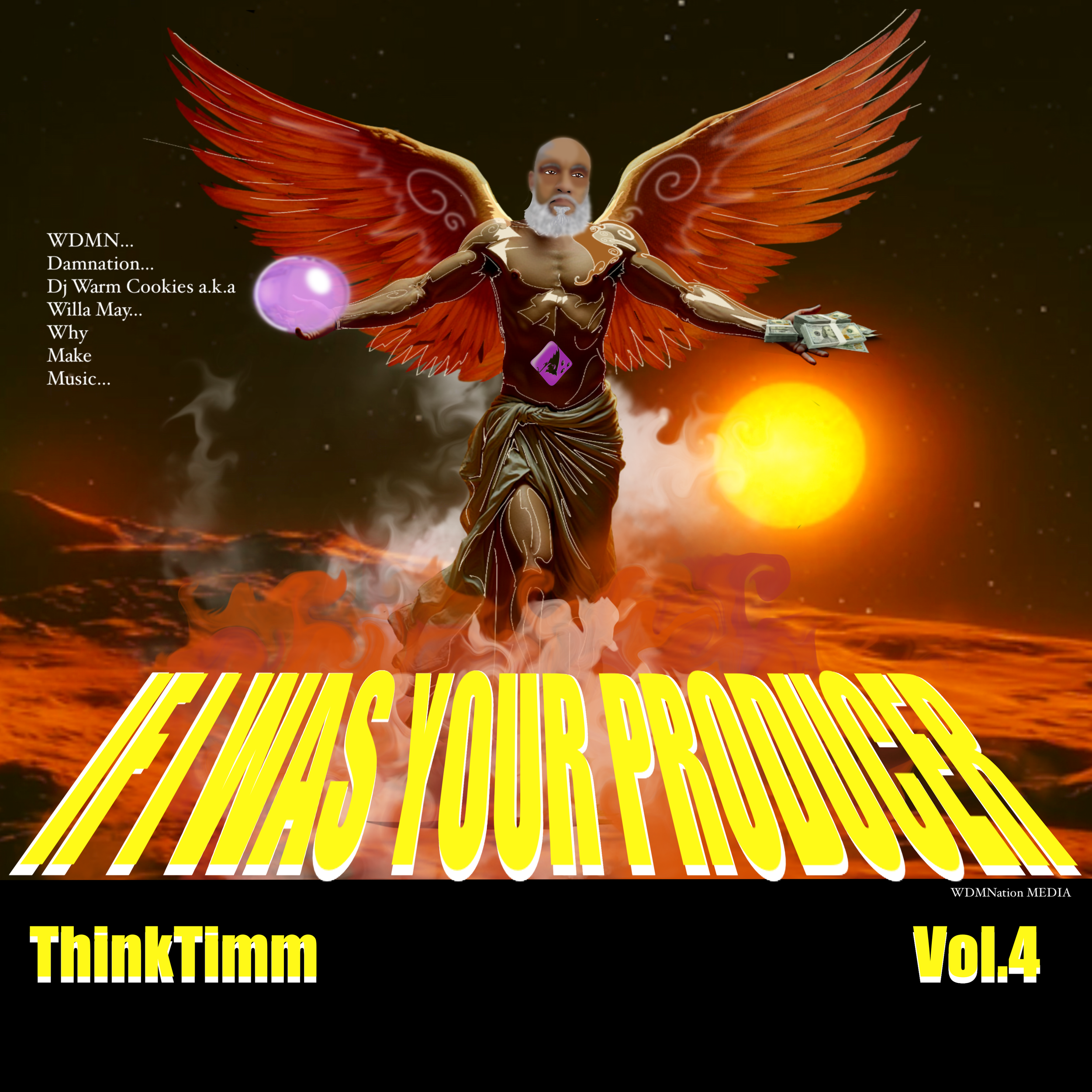
if I Was Your Producer — Volume 4
Ten new stories. One focused vision.
If I Was Your Producer — Volume 4 is ThinkTimm’s monthly masterclass in independent music-making—written, produced, arranged, and mixed under the WDMN MEDIA umbrella. This chapter moves from social reflection to late-night tenderness to funk-forward affirmation, proving you can be prolific and precise.

It Was Different…
I grew up on a block full of personalities. Future comedians, unlicensed philosophers, DJs without parties, quiet geniuses, loud geniuses, and a corner store that knew your order before you did. That block was a university, a dojo, a church, and a label deal all in one. I wouldn’t trade an hour of it.

Progress Is Always Nice
Hitting episode 50 of Why Make Music feels like a real milestone. Halfway to 100 episodes isn’t just a number — it’s a marker of consistency, growth, and progress. And that’s exactly the theme of this episode: taking stock of where things are, where they’ve been, and where they’re headed.
This one’s a little different. Willa May takes the mic solo from start to finish — no co-hosts, just a straight-up reflection on music, business, and culture. The result? A relaxed but packed listen that shows just how far the Why Make Music project has come.


Wearing the Four Five
When Michael Jordan returned to basketball after retirement, he didn’t reclaim his iconic number 23 right away. He came back with number 45 on his jersey—a move that sparked curiosity, metaphors, and lyrics for decades to come. In hip-hop, in vinyl culture, in symbolic storytelling, “Wearing the Four Five” is about re-emergence, reinvention, and reclaiming your purpose with a new mindset. That’s the spirit behind Episode 045 of Why Make Music…
